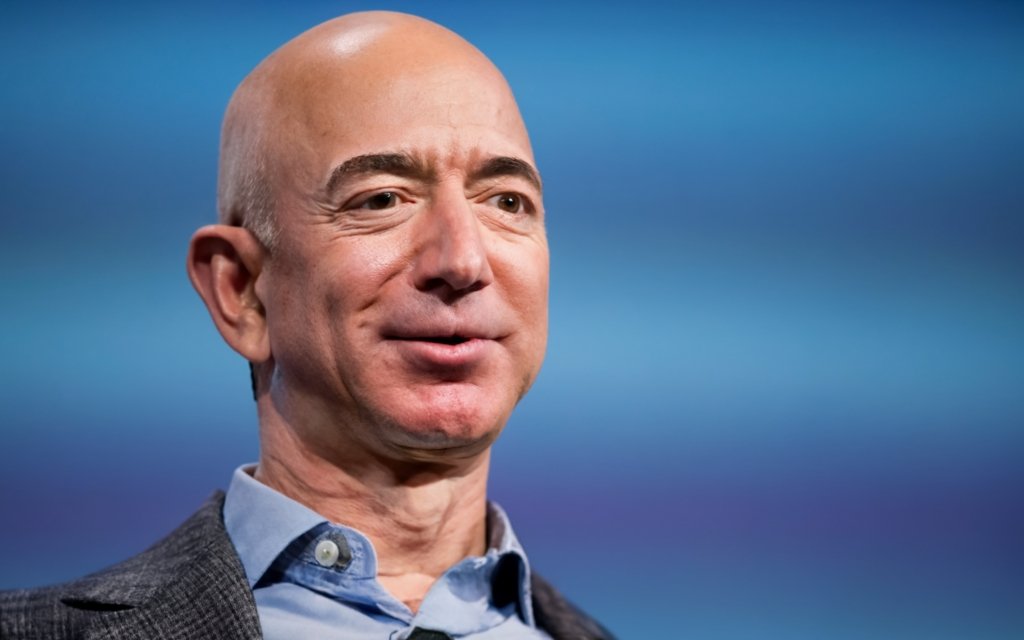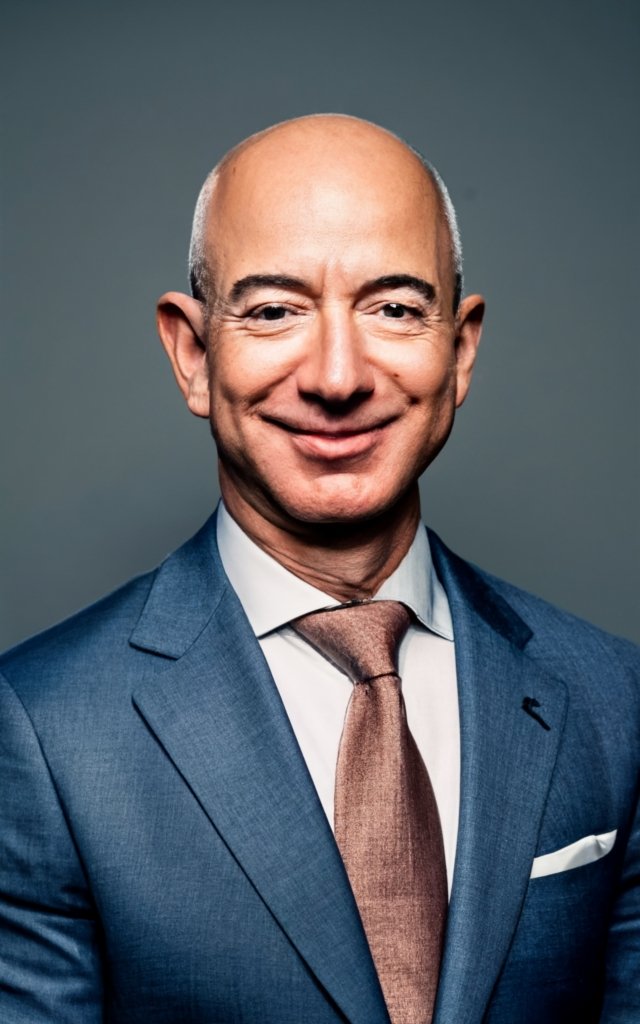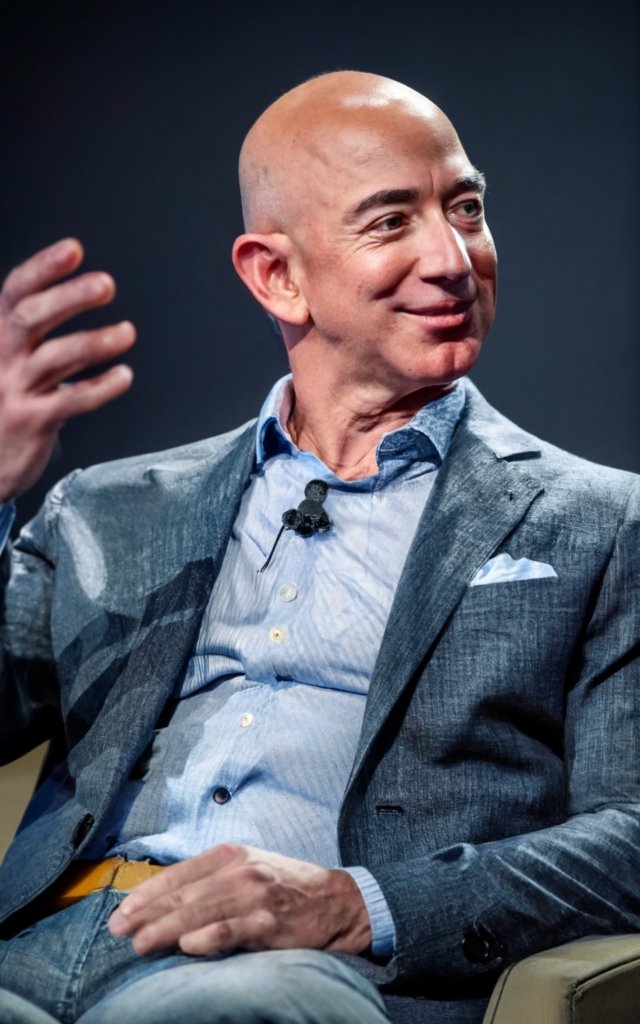Bezos’s Blueprint Transforms the E-commerce Landscape

In an era dominated by digital commerce, Jeff Bezos’s vision has fundamentally altered how the world shops. From its inception in a Bellevue garage to its status as a global powerhouse, Amazon’s journey under Bezos’s stewardship has reshaped global trade, consumer behavior, and job markets.
The Genesis of a Digital Revolution

In 1994, as the internet was emerging, Bezos envisioned a platform where consumers could access a vast selection of products from the comfort of their homes. This vision wasn’t limited to selling books; it aimed to revolutionize global shopping. Amazon’s “1-Click” ordering system epitomized its customer-centric approach, setting new standards for online shopping experiences.
Dr. Helena Mitchell, an expert in digital market strategies, observes, “Bezos’s brilliance wasn’t just in recognizing e-commerce’s potential but in his unwavering commitment to customer satisfaction.”
By 1997, Amazon had gone public, signaling its transformation into an e-commerce behemoth. The subsequent years saw Amazon diversifying its product categories and introducing services like Amazon Prime in 2005, further solidifying its reputation.
The company’s growth was not just about expanding its product range. It was about understanding the pulse of the consumer. Amazon’s recommendation system, for instance, uses complex algorithms to suggest products to users, making shopping more personalized than ever before. This was a testament to Amazon’s commitment to using technology to enhance the user experience.
Socio-Economic Ripples of Amazon's Ascent
Amazon’s influence extends beyond sales figures. The company has provided small businesses with a global platform, though this came with challenges. Competing in a marketplace dominated by Amazon demanded adaptability and resilience.
Amazon’s vast distribution network created myriad job opportunities. However, concerns about labor practices and the company’s market power have sparked debates about its ethical implications.
An industry expert specializing in e-commerce regulations notes, “Amazon’s rise is a double-edged sword. It has democratized e-commerce, but it has also raised concerns about monopolistic practices.”
Amazon’s global footprint isn’t confined to the U.S. The company has influenced consumer behavior and set new standards for online shopping worldwide. The launch of Amazon Web Services (AWS) in 2006 showcased its diversification beyond e-commerce.
The company’s international expansion was strategic. In countries like India, Amazon adapted to local preferences, offering features like cash on delivery. In Europe, it focused on streamlining logistics to ensure faster delivery times. These region-specific strategies were pivotal in Amazon’s global success.

Post-Bezos E-commerce

With Bezos’s departure as CEO, the e-commerce landscape is on the brink of another transformation. The industry is brimming with innovations, technological advancements, and emerging players.
Technological developments like AI, drone deliveries, and augmented reality are reshaping the shopping experience. As the industry evolves, regulatory bodies will play a crucial role in ensuring ethical considerations keep pace with innovation.
The future of e-commerce also lies in sustainability. With increasing concerns about the environment, companies will need to adopt eco-friendly practices. Amazon, under its “Climate Pledge,” has committed to becoming net-zero carbon by 2040. Such initiatives will set the tone for the industry’s future direction.
Another significant shift will be the integration of offline and online retail. While e-commerce offers convenience, brick-and-mortar stores provide tactile experiences. The future will likely see a blend of both, with companies offering seamless shopping experiences across platforms.
Dr. Mitchell reflects on Bezos’s legacy, stating, “Bezos’s impact is monumental. The world of e-commerce will continue to evolve, and the challenge will be ensuring it remains inclusive and sustainable.”
The Legacy and the Road Ahead
In the vast realm of e-commerce, Bezos’s influence stands unparalleled. His vision has charted the course, but the e-commerce journey is ongoing. The future promises continued evolution, adaptation, and surprises.
The next decade will be crucial. With advancements in technology, changing consumer preferences, and the global push toward sustainability, e-commerce companies will need to be agile and innovative. While Amazon has set the benchmark, the industry is dynamic, and there’s always room for disruption.
In conclusion, while Bezos’s blueprint has transformed the e-commerce landscape, the story is far from over. The baton has been passed, and the next chapter promises to be as exciting, if not more. The world watches with bated breath as the e-commerce saga unfolds, with the certainty that the best is yet to come.



